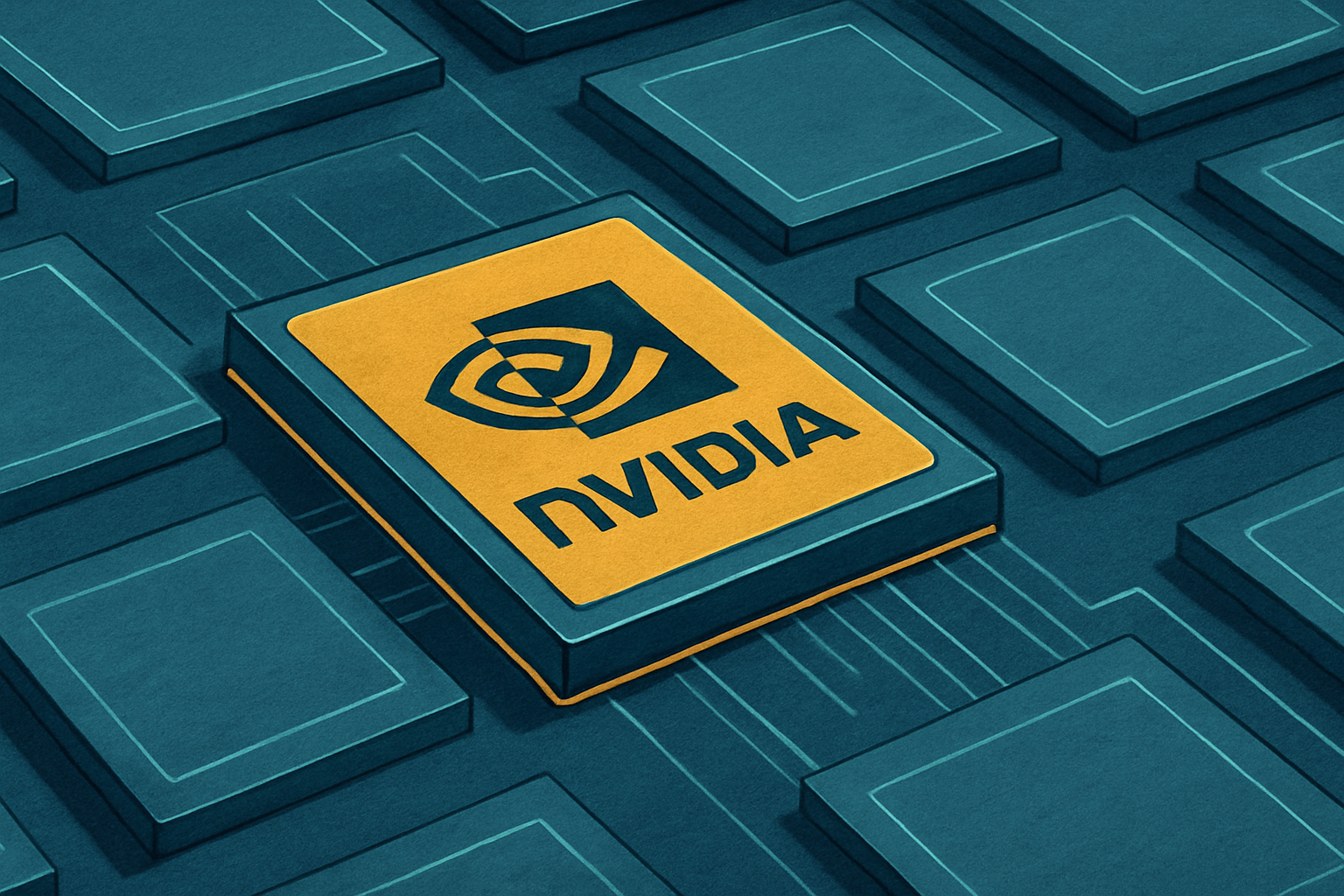Nvidia is strengthening its footprint in Asia with two major South Korean partnerships announced this week — a large-scale delivery of its Blackwell AI processors and parallel negotiations with Samsung Electronics to source next-generation memory chips.
The U.S. chipmaker said it will supply more than 260,000 of its latest Blackwell GPUs to South Korea. The allocation spans both government and private sector clients, including Samsung Electronics, SK Group, Hyundai Motor Group, and Naver. Around 50,000 units will go to the government, with roughly the same volumes each for Samsung, SK, and Hyundai, while Naver is set to receive approximately 60,000 units, according to Reuters.
Nvidia chief executive Jensen Huang announced the deal during his visit to South Korea for the Asia-Pacific Economic Cooperation summit in Gyeongju, where he met business and government leaders to discuss AI investment and digital infrastructure.
“Just as Korea’s physical factories have inspired the world with sophisticated ships, cars, chips and electronics, the nation can now produce intelligence as a new export that will drive global transformation,” said Huang.
The Blackwell agreement supports Seoul’s national ambition to become a leading regional AI hub. It also broadens Nvidia’s exposure beyond China, where the company faces export restrictions under U.S. trade controls.
In a separate statement, Samsung confirmed that it is in “close discussion” with Nvidia to supply its next-generation high-bandwidth memory, HBM4. The collaboration would extend existing supply of HBM3E chips and mark a further deepening of ties between the two companies.
Samsung said it plans to use around 50,000 Nvidia chips to develop an AI-powered semiconductor manufacturing platform, part of its own internal push to integrate AI into chip design and production.
Analysts noted that the talks come amid intensifying competition in high-bandwidth memory, a key component of AI accelerators used in data centres. Rival SK Hynix has said it aims to begin HBM4 production by late 2025, making Samsung’s partnership with Nvidia strategically significant as it seeks to reclaim market share in advanced memory.
For Nvidia, securing future HBM supply is essential as demand for data-centre processors continues to surge. The company dominates the AI-chip market but remains reliant on external partners for memory and packaging capacity. Establishing agreements with major suppliers in South Korea — a hub for both — helps insulate its production chain from supply-chain and geopolitical risks.
The dual announcements signal a mutually beneficial alignment: Nvidia ensures stable access to advanced components, while South Korea gains early deployment of cutting-edge computing power to support its AI infrastructure drive.
With both compute and memory partnerships now anchored in the country, the relationship between Nvidia and South Korea’s chip ecosystem appears set to deepen further — positioning the nation as a critical node in the global AI supply network.




